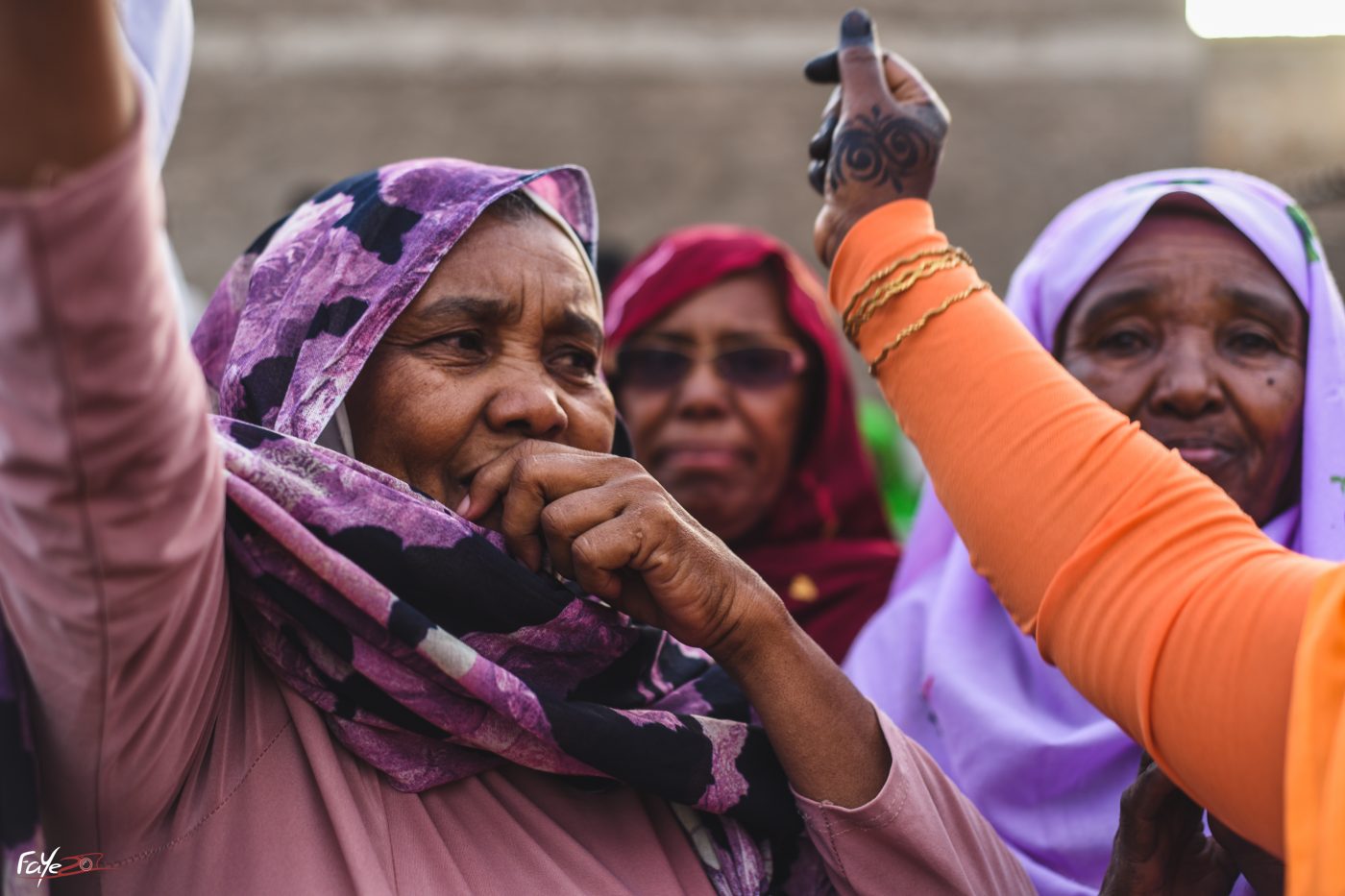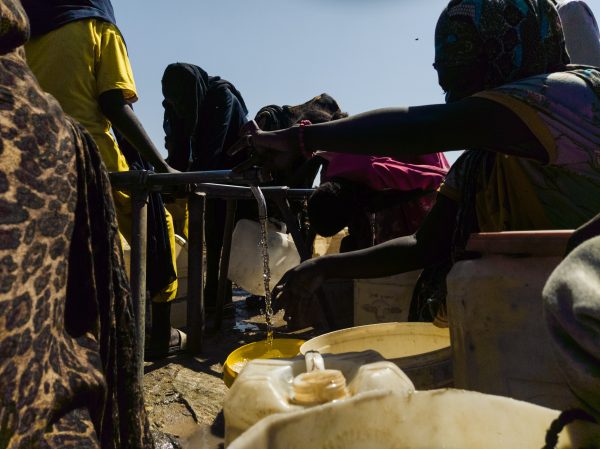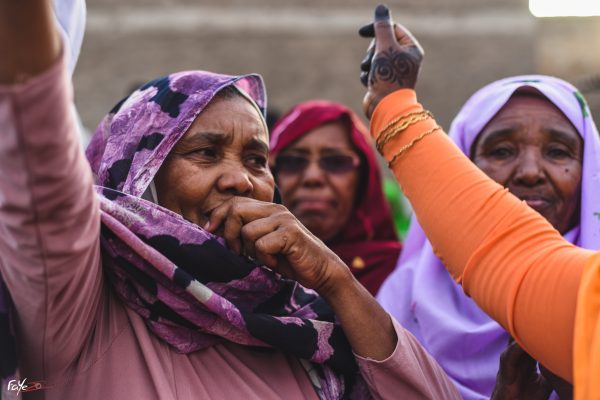
Donors and aid workers increasingly understand the need to be conflict sensitive in order to avoid entrenching and sustaining the ongoing violence in Sudan. The challenges for conflict sensitive aid will further worsen as the country faces unprecedented levels of hunger over the coming months. The Conflict Sensitivity Facility (CSF) has identified four areas where conflict sensitivity will be crucial as the conflict enters its second year.
 1. Humanitarian access – humanitarian access has been manipulated in support of political, economic and military objectives in Sudan for decades. To avoid humanitarian access being weaponised by conflict actors, the aid system must invest in analysis and learning to manage access dilemmas, while ensuring it has appropriate principles rooted in the realities on the ground.
1. Humanitarian access – humanitarian access has been manipulated in support of political, economic and military objectives in Sudan for decades. To avoid humanitarian access being weaponised by conflict actors, the aid system must invest in analysis and learning to manage access dilemmas, while ensuring it has appropriate principles rooted in the realities on the ground.
The CSF continues to share and facilitate practical analysis with aid actors to build understanding and options for managing access dilemmas, keeping in mind that short-term access goals can exacerbate long-term conflict drivers.
 2. Social tensions and cohesion – communities in Sudan are increasingly under pressure to pick sides in the ongoing conflict, which would further entrench violence and make it more difficult to rebuild. Aid approaches must not undermine local level conflict resilience or intercommunal relationships – when possible, it should seek to strengthen them.
2. Social tensions and cohesion – communities in Sudan are increasingly under pressure to pick sides in the ongoing conflict, which would further entrench violence and make it more difficult to rebuild. Aid approaches must not undermine local level conflict resilience or intercommunal relationships – when possible, it should seek to strengthen them.
Our upcoming analysis on how communities in Sudan create and sustain peaceful interdependence will seek to illuminate ways that aid approaches can support social cohesion and avoid contributing to social tensions.
 3. Local responders and mutual aid networks – since the beginning of the conflict and despite immense security and funding challenges, Sudan’s local responders and mutual aid networks have delivered assistance where it has been needed most. Embedded within, and accountable to their communities, these groups have been at the forefront of the aid response and have been able to deliver in areas that the international aid system still cannot access today. The aid system must provide mutual aid networks with the types of flexible funding and recognition that best enable their work, avoiding outsourcing risk or undermining their agency.
3. Local responders and mutual aid networks – since the beginning of the conflict and despite immense security and funding challenges, Sudan’s local responders and mutual aid networks have delivered assistance where it has been needed most. Embedded within, and accountable to their communities, these groups have been at the forefront of the aid response and have been able to deliver in areas that the international aid system still cannot access today. The aid system must provide mutual aid networks with the types of flexible funding and recognition that best enable their work, avoiding outsourcing risk or undermining their agency.
The CSF works with local responders to understand and amplify their perspectives in analysis and discussions while developing guidance on conflict sensitive support to Sudanese responders for aid actors.

4. Accountability – the aid sector must be accountable to Sudan’s civilians, including those who are most affected by the violence. Aid actors must get better at listening to and communicating with Sudanese communities, with the goals of ensuring that the way that aid is delivered does not undermine, but rather supports Sudan’s long-term prospects for peace and recovery.
The CSF seeks to promote greater understanding and action on the nature of accountability within the aid system, in ways that challenge existing power imbalances within and outside the aid system.
The CSF will convene discussions and provide analysis on these issues in the coming months. Join us by signing up to our newsletter or reach out to us directly at info@csf-sudan.org.